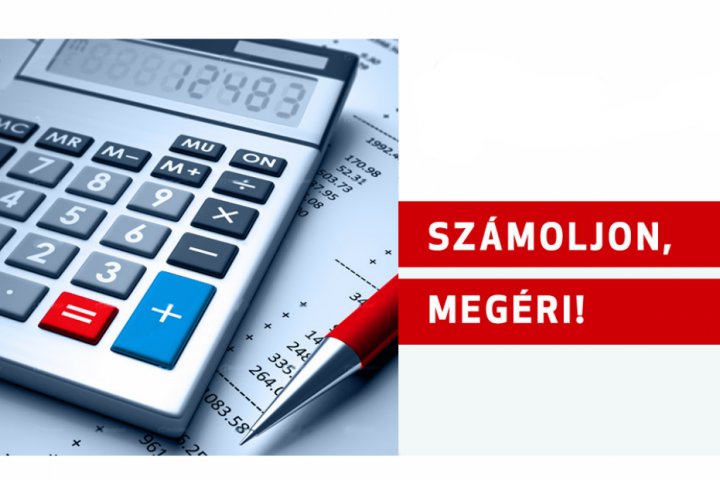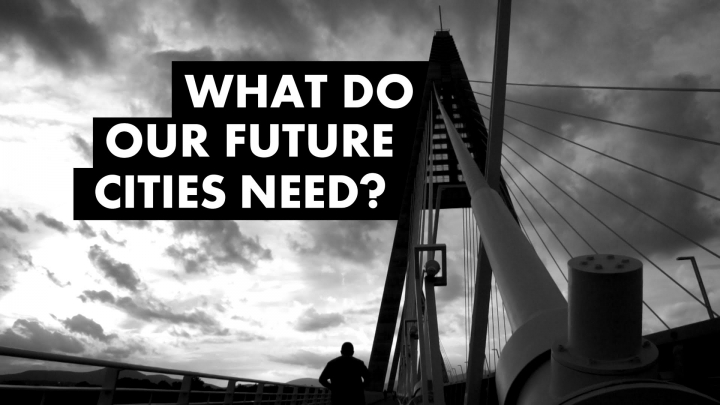Major differences in energy transition for SMEs: Hungary lags behind, while thousands of businesses in Europe are already receiving systematic support
Hungary is seriously lagging behind in supporting SMEs in the energy transition: while in several European countries there are systematic, state-supported schemes to help companies prepare and implement investments, only pilot programmes are in place in Hungary. The SMEnergy project now aims to help them catch up by showcasing international examples.
Fluctuating energy prices, tighter enforcement of regulation and sustainability requirements are creating new challenges for SMEs worldwide. In Europe, a growing number of countries are now operating so-called one-stop-shop (OSS), which provide businesses with a single point of access to the full range of technical, financial and implementation support required to reach the energy transition.
The SMEnergy project, as a part of the Danube Region Interreg Programme, is working on the adaptation of such European models in Hungary.
Fluctuating energy prices, tightening regulation and sustainability requirements are creating new challenges for SMEs worldwide. In Europe, systems are increasingly being set up where businesses are not left to deal with the complexities of the green transition, such as one-stop shops.
With the support of one-stop-shops, business managers get the whole energy transition package at the same time: on-site audit, investment plan, reliable contractor contacts, support and financing information.
One of the biggest advantages of the OSS system is that the business manager knows exactly what they are getting and for how much, and can see the whole decision and implementation process step by step, with experts guiding them along the way. The system also provides the business with insight into the best practices of other companies, whether through site visits or company meetings to see what technologies, processes and investments are already working successfully in other markets. In this way, energy transition is no longer a theoretical possibility, but a certain, visible and attainable reality.
However, in Hungary, these services are typically absent or limited - a contrast that was illustrated by the international web conference Unlocking SMEnergy Potential, held on 12 June and organised by the SMEnergy project under the Danube Region Interreg Programme.
International examples: Austria, Sweden and Slovenia are way ahead of us
In Upper Austria, around three thousand SMEs have received systematic support for energy transition through state and regional coordination so far, with up to 75% of the investment costs covered by public funds. It is also complemented by training, events and technology clusters.
In Southern Sweden, more than 150 SMEs have achieved energy savings of 10-15% through efforts coordinated by the Energy Agency, without financial support. The companies share their experiences with each other through site visits and learning groups.
In Slovenia, a national network of energy agencies was launched in 2023, reaching more than 1200 SMEs in one year and initiating the preparation of 800 projects. The programme is coordinated by the stock exchange regulator Borzen.
Hungary is seriously lagging behind
While in international practice, support for energy transition for SMEs is provided through systematic initiatives, in Hungary there is currently no comprehensive public OSS scheme to support the energy transition for SMEs. Some private actors and municipalities are active, but they do not provide comprehensive and free or subsidised SME services.
In the framework of the SMEnergy project, Energiaklub is currently working on a pilot scheme to develop a similar system; company managers can currently receive free energy advice on a pilot basis with project funding.
Why is such a system urgently needed in Hungary as well?
Why is such a system urgently needed here?
Today, the energy transition of Hungarian SMEs is mostly obstructed by the lack of a transparent decision mechanism, project preparation support, expert background, reliable contractors, and continuous financing and regulatory information.
The SMEnergy project aims to build on the experience of well-established international good examples to create a system in Hungary that provides a transparent and professionally supported decision-making process for businesses.
Further details about the project: https://interreg-danube.eu/projects/smenergy
About the local services: https://formacio.hu/megujulo-energia-roadshow/






